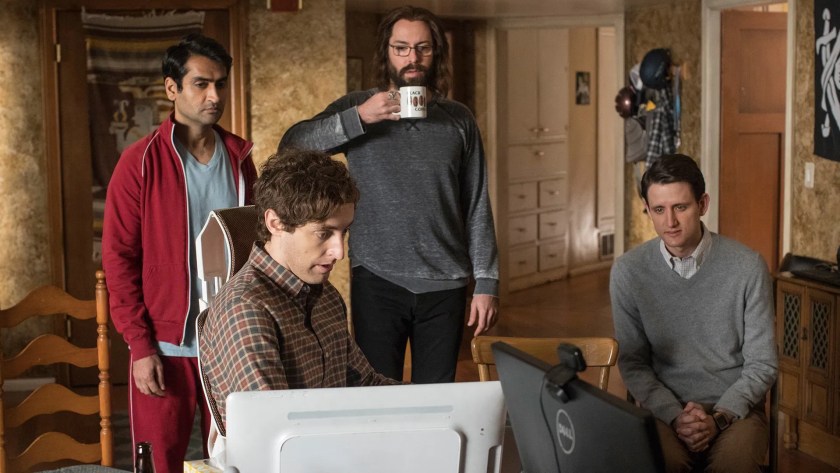
I’m currently writing my presentation for the Mozilla Festival on the metaverse vs the public service internet, and thinking about Web3 and the metaverse quite a bit in reflection to a truly digital public space…
There has been so much talk about Web 3.0 and Crypto. The recent interview with Tim Oreilly (heads-up, I know him and been to many of his conferences in the past), adds to the piles of critical thoughts of this all. I specially found Small technology’s (Aral & Laura, who I also know well) Web0 manifesto a interesting thought.
web3 = decentralisation + blockchain + NFTs + metaverse
web0 = web3 – blockchain – NFTs – metaverse
web0 = decentralisationweb0 is the decentralised web.
Pulling all the “corporate right-libertarian Silicon Valley bullshit.” out of Web3, leaving us with a decentralised web.
Something I believe is a landmark on the way to the future destination of the distributed web. (I’m aware web isn’t the right term rather it should be internet but as most people experience the internet via the web…).
I think about this a lot as I look at the very notion of a public service internet and the very idea of a public service stack. The decentralisation move still has elements of neoliberatiasm which puts dependence on the individual. This is fine if you got time, resource and knowledge. Those without are out of luck?
As you can imagine not everyone has these but in a distributed model you can trust others to support/help/collaborate to lessen the cognitive/environmental/time load. This gives everybody the ability to benefit from a distributed internet.
If that isn’t the future, I’m not sure what is?
To me, the distributed model is a superset, supporting the decentralised and even some aspects of centralised models. Federated is also interesting to me but for many different reasons.

